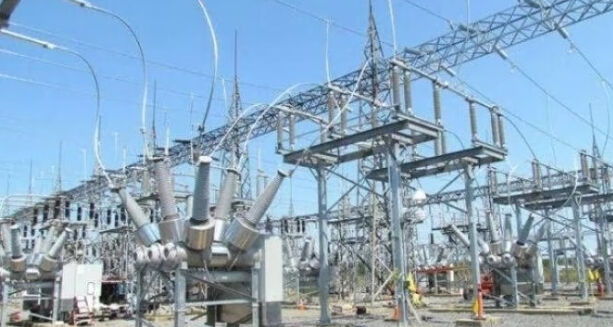
Culled From Channels Television Report (edited)
DisCos Rations As Nigeria Records 15,938MW Power Generation Deficit
Power Distribution Companies (DisCos) have resorted to rationing supplies, as data revealed that Nigeria is currently experiencing almost 16, 000megawatts power deficit despite having so far issued generation licenses to 40 Generation Companies (GenCos).
Data sourced from the Independent System Operator by Channels Television on National Peak Demand Forecast on Monday revealed that the country requires nothing less than 19798MW to reach sufficiency.
However, generation by the GenCos as of Sunday was a meagre 3860.3MW, leaving a deficit of 15,938MW.
The development comes on the heels of current power rationing by DisCos across the country.
As of Sunday; only 16 out of 40 GenCos were generating to the grid at 3860.3MW with Egbin Power completely off the grid. The biggest generators were Azura-Edo IPP (420MW), Kainji Hydro (415MW) and Shiroro Hydro (275.73MW).
The depleting power supply situation has continued following the recent systems collapse and after the Transmission Company of Nigeria, TCN said it had restored power supply across the country.
Low gas supply to power has also worsened generation as gas producers have cited a debt of over $1.3bn for past supplies.
Although the government had at the beginning of the year agreed to pay electricity subsidies of N1.6tn in 2024 to the Nigerian Electricity Supply Industry, NESI, just N450bn was provided for in the budget.
The country as of 2022 boasted 29 GenCos. However, to boost power generation, NERC in a report released in February 2023 said it licensed 11 new companies, bringing the total plants connected to the national grid to 40.
NERC at that time did not reveal the names of the new electricity generating companies and their capacities, however; the previous 29 GenCos with a 13,461MW combined capacity could not generate up to 5000MW.
Despite the Systems Operator forecasting a national peak demand of 19798MW, experts say Nigeria requires at least 30, 000MW to reach electricity sufficiency.
On their part, DisCos disclosed to consumers that the rationing was caused by low allocation.

